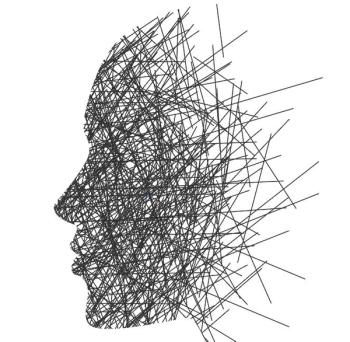
Learn about the results of the recent study on deutetrabenazine and the ways it is helping patients with tardive dyskinesia.

Learn about the results of the recent study on deutetrabenazine and the ways it is helping patients with tardive dyskinesia.
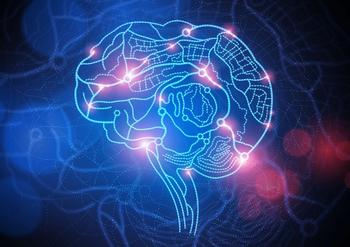
Fragile X syndrome is one of the most common inherited causes of intellectual disability, right below Down syndrome. How are basic science findings being translated into treatments for patients with neurodevelopment disorders, like Fragile X syndrome?

No matter the outcome of the election results, we as a nation need to remember who must ultimately win.

There is an increase in reports of domestic violence. How can you resolve domestic disharmony with your significant other and your family unit as a whole?

What are the 3 signs, or horsemen, of physicians struggling?
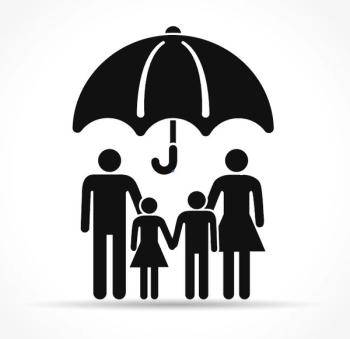
Times are hard but they are easier if we get through them together. Omar Reda, MD, provides activities and insight on ways to actively care for yourself and your family.
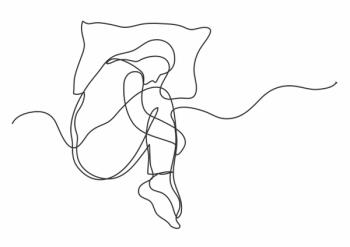
Larry Miller, MD, CEO of Apnimed, discusses the ins and outs of sleep apnea.
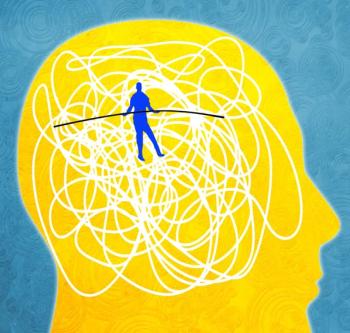
A behavior analyst shares his stories and information on establishing appropriate replacement behaviors for patients with traumatic brain injuries and problematic behavior.

The answer may lie deep in human history.

Negative portrayals of psychiatrists suffuse popular culture, and it is time for psychiatrists to do something about it.

Keeping up your energy at work is difficult with the stressors of COVID-19, social unrest, and the upcoming election. As a mental health professional, how can you help alleviate this fear?

Addiction occurs among doctors at the same rate as the general population. Dr Linville Meadows shares his own story with addiction recovery and rehabilitation.

Dr Steven Moffic says it well: COVID-19 Is making almost everyone tense. What can we do about this uncomfortable strain?

March 2020, as Dr Jack Rozel tells it, saw the most guns ever sold in 1 month. What is motivating this fear-driven purchasing? Better yet, what can you do to understand and prevent gun violence?

After the bubonic plague came the Renaissance? What will follow the COVID-19 pandemic?
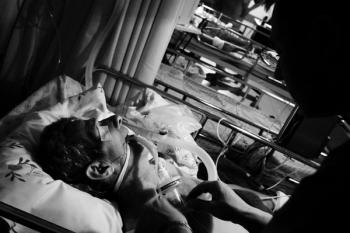
The reported increase in opioid related overdoses, likely fed by the disturbances of COVID-19, necessitates a need for more widely-accessible Naloxone, an emergency life-saving treatment.
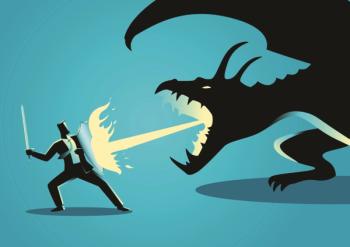
Join Psychiatric Times’ Editor in Chief John J. Miller, MD, as reflects on his early days as a clinician, when he witnessed the incredible power of the right psychopharmacology.

The idea of collaborative care can be daunting and overwhelming, but Dr Justin Mohatt encourages you to try.

Dr Susan Catalano of Cognition Therapeutics talks the science behind the Icelandic Mutation and their potential upcoming drug for the treatment of Alzheimer disease.

The collaborative treatment team model, where individual specialists must work together as a team, or "pit crew," might be the best way to provide for your patient.

Meera Menon, MD, talks how best to care for your college student patients when they are a long way from home.

These 2 medical students want to share their helpful handouts with you and your patients. Watch the video to learn more.

Dr Moffic poses queries to the presidential candidates and even does a little singing.

Suicide is the third leading cause of death in people aged 15-24. Review how you can assess adolescents for suicidal ideation.

VistaGen Therapeutics CEO Shawn Singh discusses what he and VistaGen are doing to create and improve treatments that complement your practice.

Issues of well-being, especially during a disaster or pandemic, are not going to disappear. Dr Cross Hansel talks suicide prevention week and how to get patients back to their pre-pandemic mental health state.

Dr Miller offers advice on making sure you have enough medication when self-isolating.

We can make treatment work during this pandemic, no matter how or where, even if it is from the bathtub with the door locked. Listen as Dr Turban talks more.

For many, fall brings the things we enjoy—turning beautiful leaves, coziness and warm comfort foods, family time, and the beginning of the holiday seasons. This year it also brings elections, with partisan divides we have not seen in a long time. Psychiatric Times’ Editor in Chief John J. Miller, MD, considers the affects of election anxiety, and reminds us that we need to do our civic duties by voting and then find a way to move forward—together.
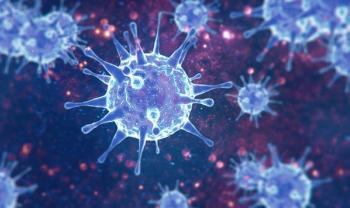
COVID-19 is the most devastating pandemic in recent history, and it has taken a huge toll. Here are some tips to take into consideration when advocating for your safety and the safety of your patients.